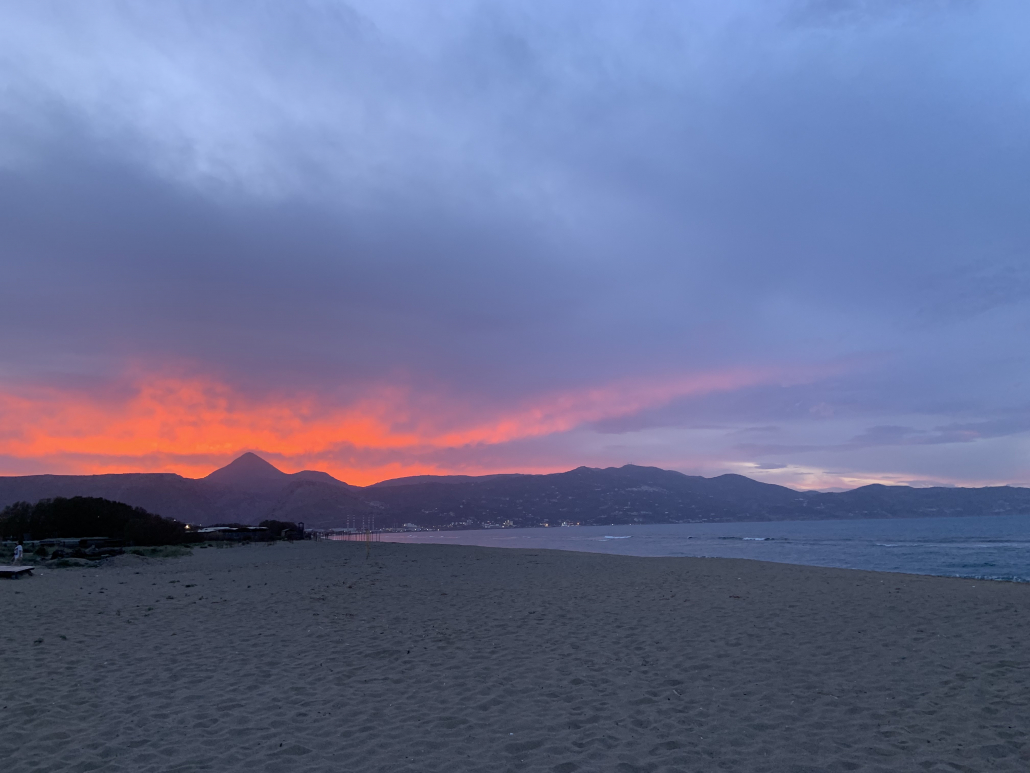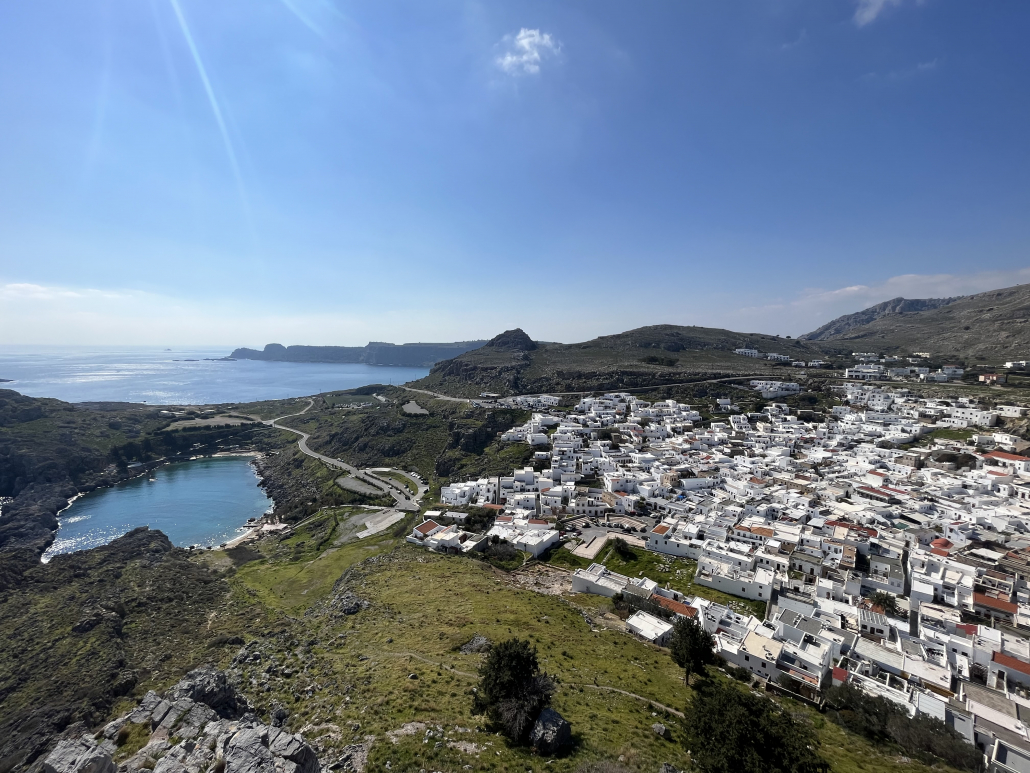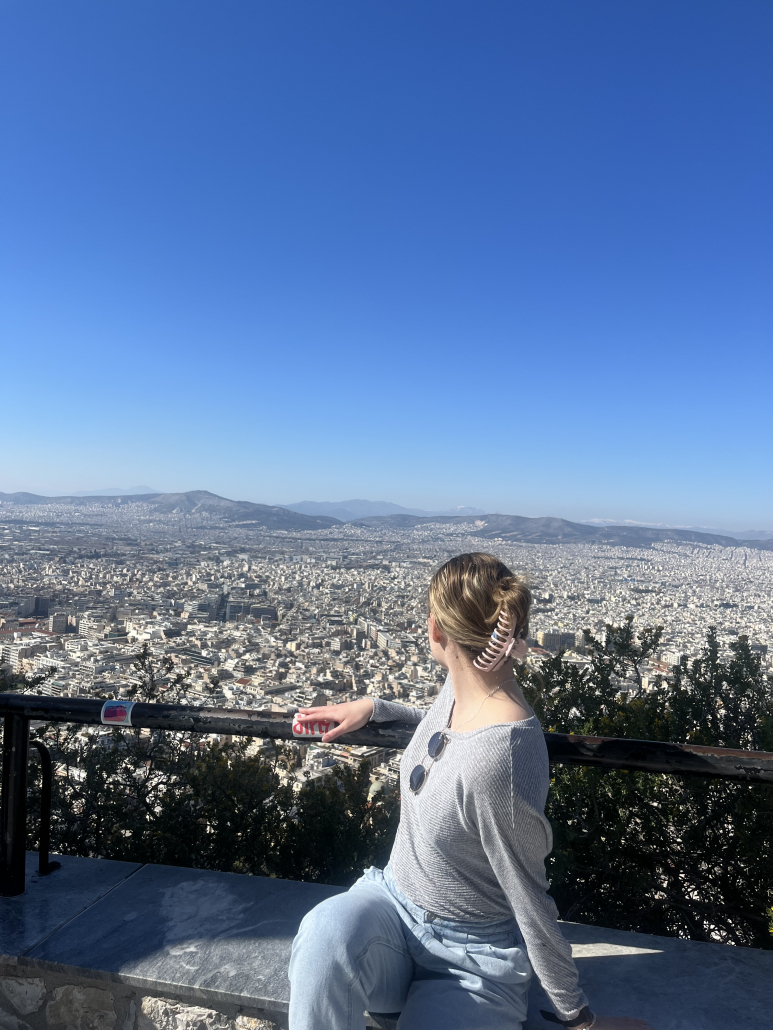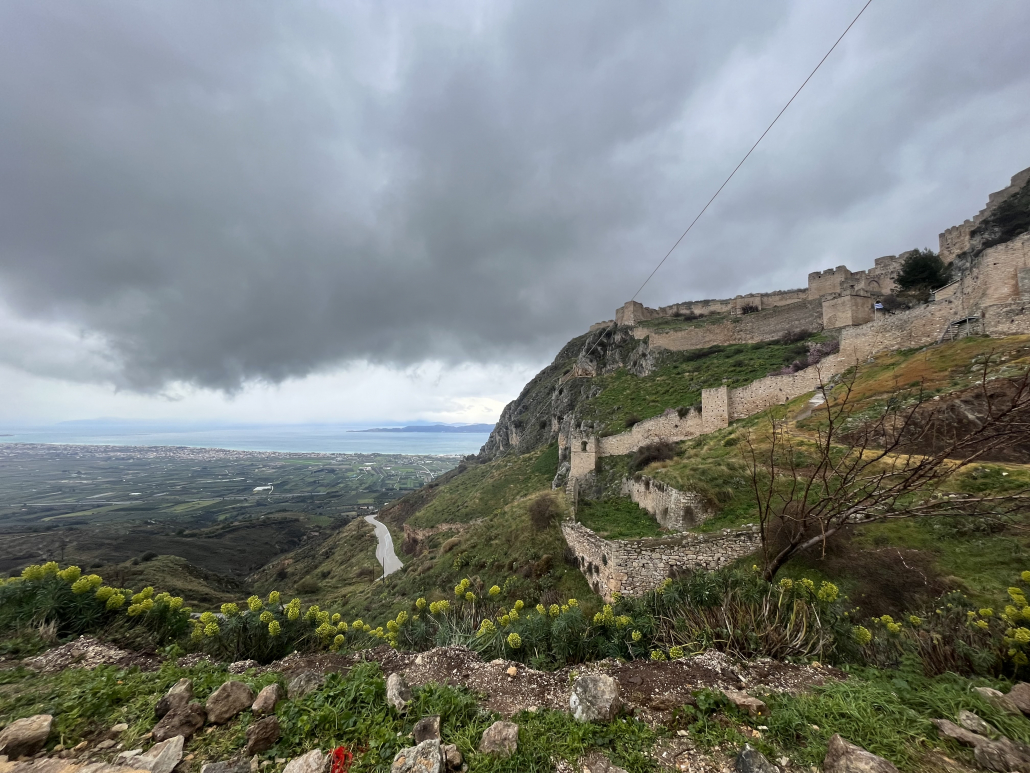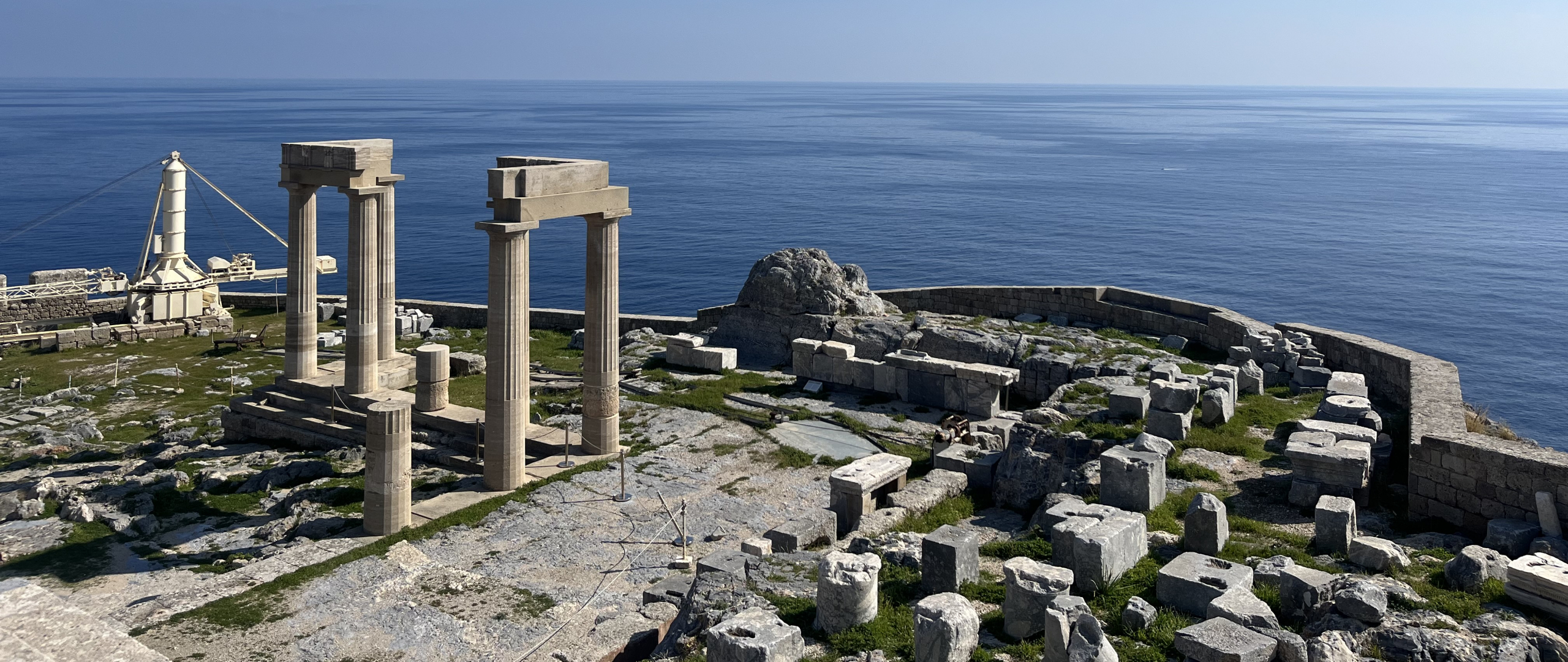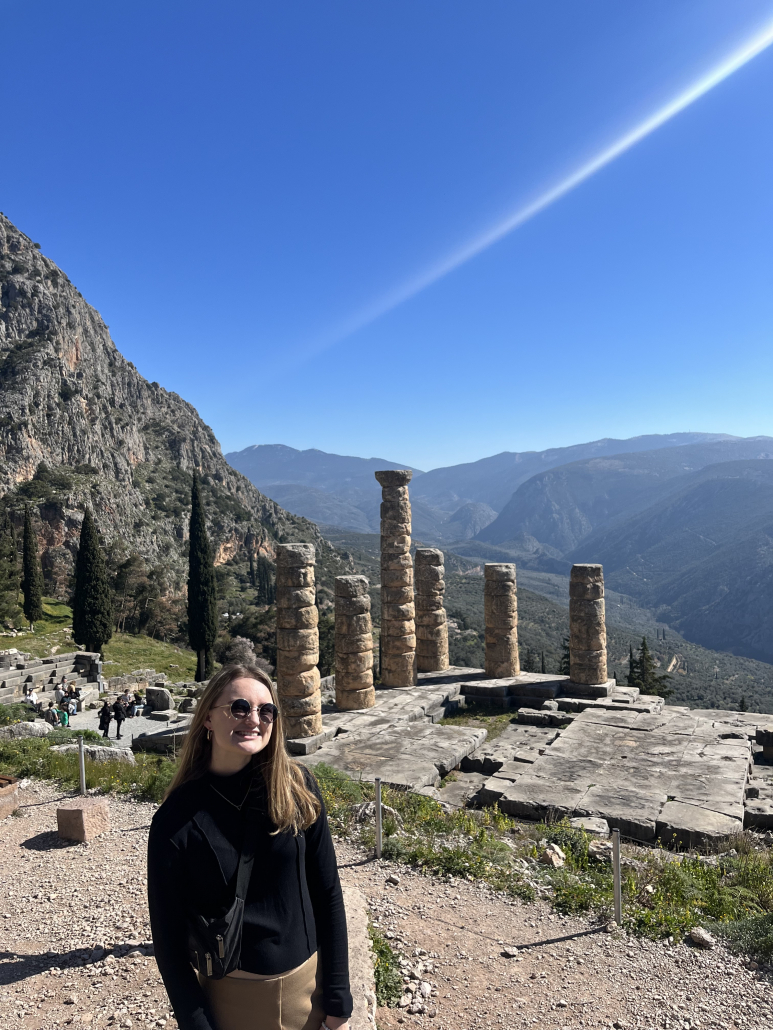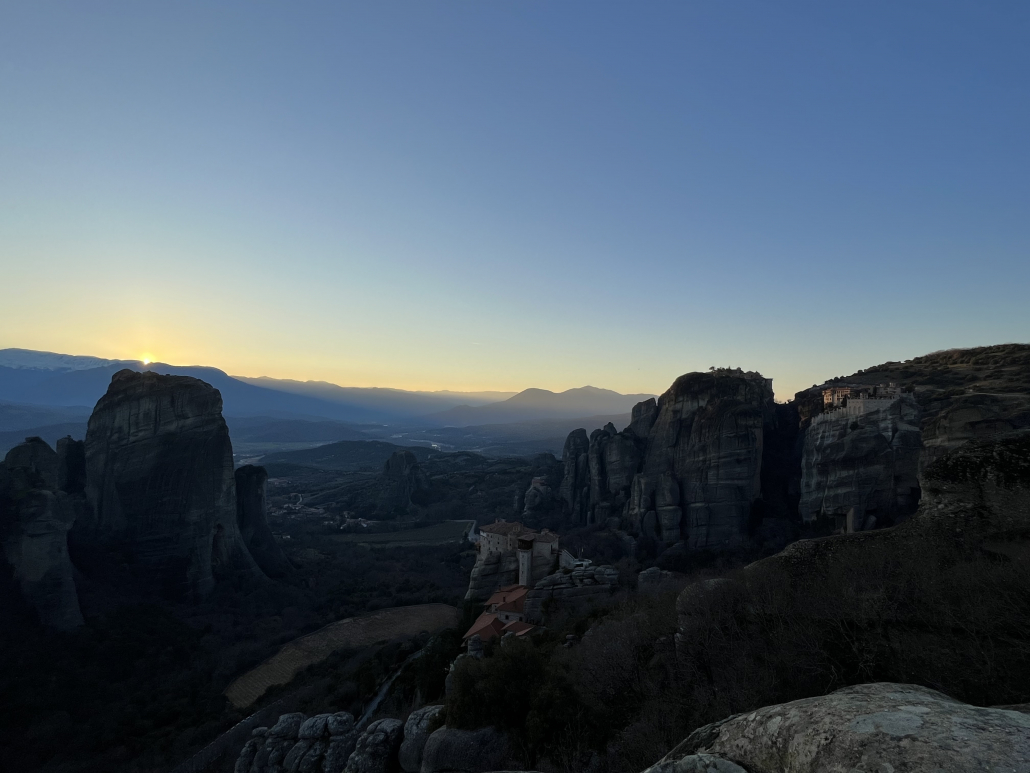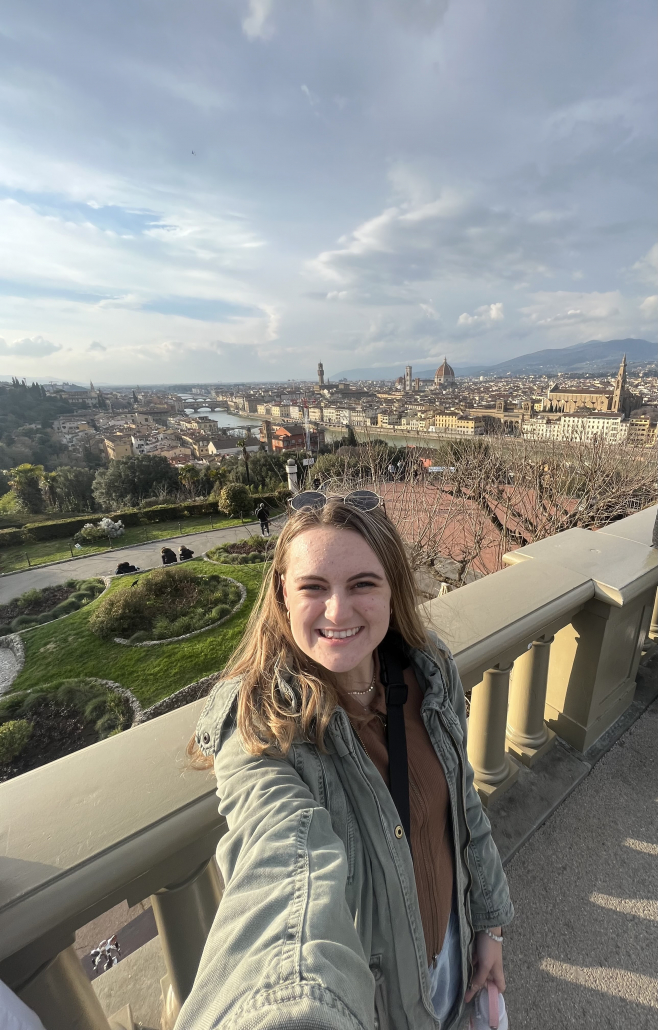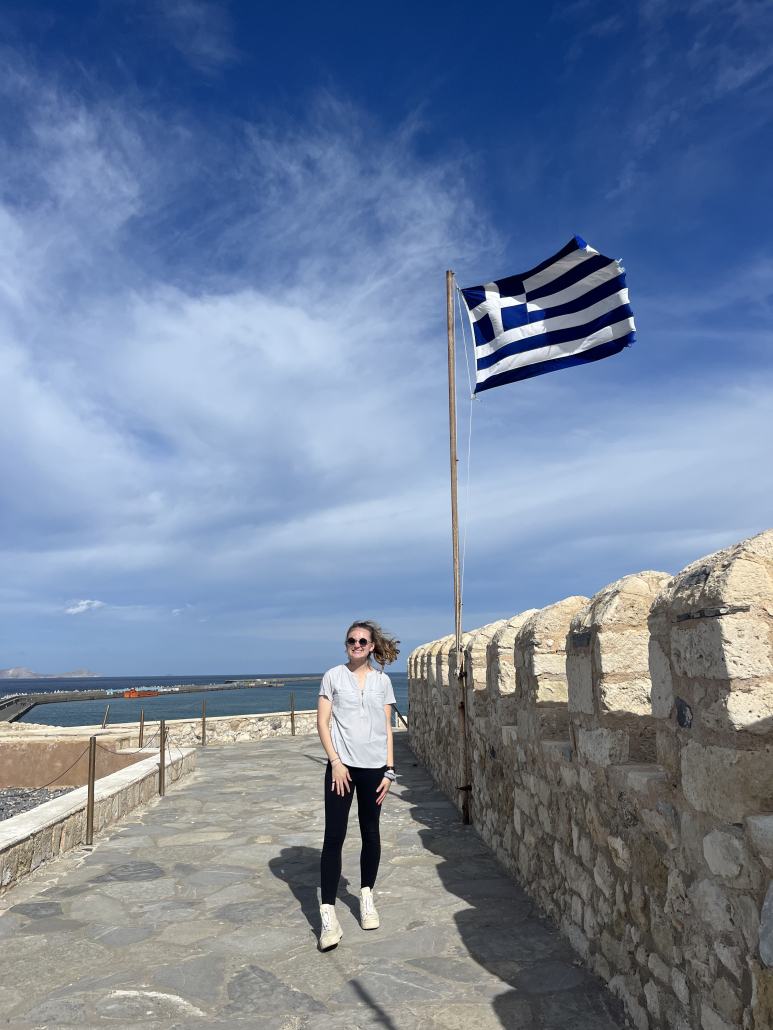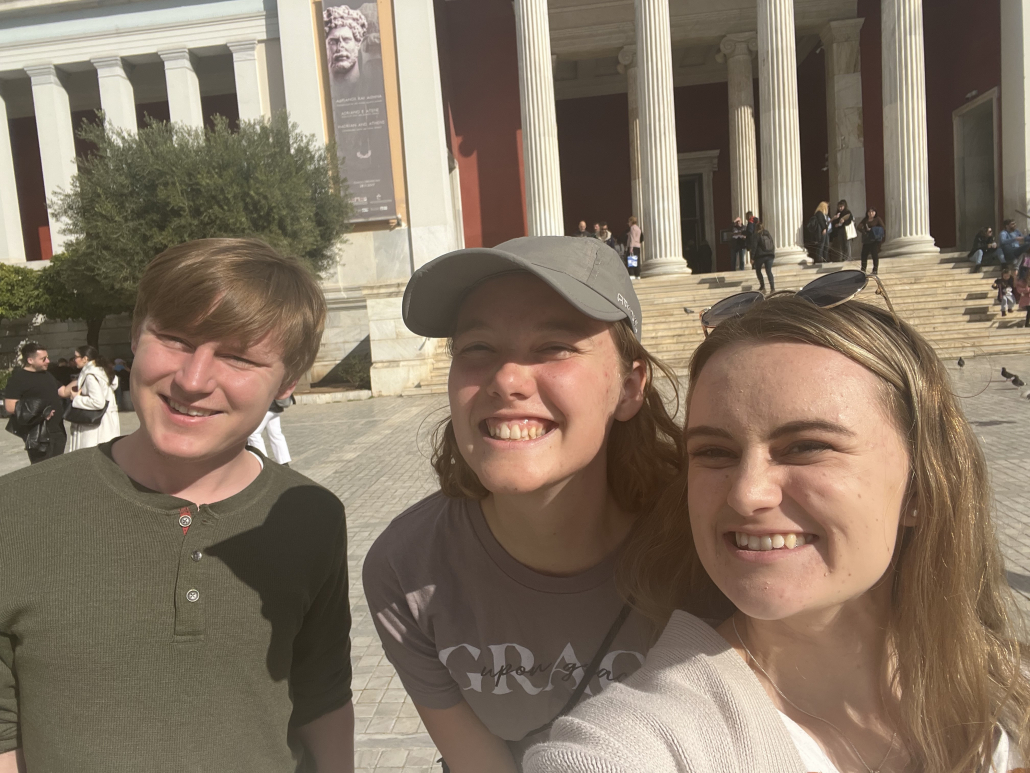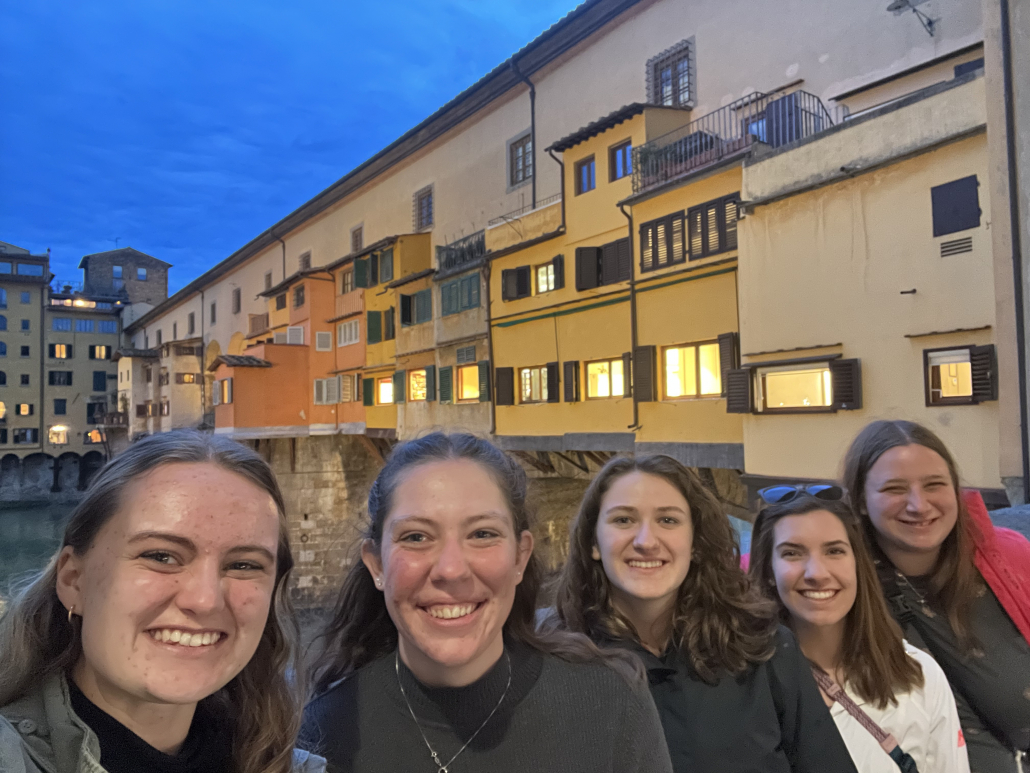My Friend Athina
Throughout my study abroad experience, I have intentionally sought opportunities to make connections with Greeks. Some of these connections have been one-time conversations. Others have developed to be conversations that happen more frequently. Either way, I have learned more and more about Greek culture from each of these interactions.
My strongest relationship with a Greek is with my friend, Athina, a student in my psychology course. She was born in Athens and had been living here her whole life. I had my first conversation with her on my first day of classes at ACG. We introduced and talked about Giannis, who plays for the Milwaukee Bucks (my one Greece-Wisconsin connection, of course). From then on, we started talking before and after our class each day. Our conversations are never very long because I have a class right after our class together, but they are always nice. We often talk about the content of our psychology class. She is incredibly knowledgeable and passionate about psychology as a whole. It is her major, and her career goal is to become an experimental cognitive psychologist. She also tells me about her other classes, her job as a professor’s assistant in the psychology department, her family, her thoughts about events happening at ACG or in the news, and more. She asks about how my classes are going and where I’ll be traveling next. Recently, we went out for coffee at a local cafe in Agia Paraskevi to have a longer conversation since our chats are always cut short during school. During our talk, I asked many questions about Greek culture, her thoughts about the U.S., and her values and opinions about religion and special education, since these are my areas of study.
Athina describes Greeks as very traditional with strong family values. She has no siblings, which she said is uncommon for Greek families. Many families have several children. However, she has connections to extended family members in and around Athens and other parts of Greece and abroad, whom she stays close to. She said her family gatherings for holidays and weddings are HUGE. She lives with her parents, as do most Greek university students. Greeks tend to live with their parents for a much longer time than Americans do. She also mentioned the welcoming and friendly hospitality that Greeks show to everyone, even foreigners. From my experience in Greece thus far, I can testify to this, as people have been incredibly helpful when I wouldn’t have expected them to be.
According to Athina, Greeks are not very open to change. She said her generation seems to be pushing against the social and political norms of the generations before her. Still, Greek culture’s highly conservative, traditional, and religious values make any change difficult. This is one aspect she envies about the U.S.: Americans can express themselves as they are without much criticism from society. She believes Greeks do not really have freedom of speech because it is often suppressed and unproductive. She also admires how diverse the U.S. is in religion, ethnicity, race, language, etc., whereas Greeks take pride in identifying what only fits under the “Greek” stereotype.
We discussed the Eastern Orthodox Church a bit in our conversation as well. Over 90% of Greeks claim to be Orthodox Christians. Despite her mother being very involved in the church, Athina does not consider herself religious. She said many Greeks her age have participated in Orthodox practices with their families growing up, but they tend to fall away as adults. In Greece, church and state are combined. Therefore, the church has a heavy influence on politics and education. Students attending public schools are required to take Orthodox religion courses. Private schools, like those Athina has attended, are typically not influenced by religion. This is the exact opposite in the U.S.
Lastly, Athina and I talked about special education. As a person on the autism spectrum herself, she is very passionate about helping others with different needs in her future psychology career. She doesn’t like the term “disability” because she believes it is very inaccurate. Instead, all people have abilities that are different. In Greece, public schools do not offer special education. Children with different needs can attend a specialized private school, but it is often very expensive for their parents. Therefore, some children may be homeschooled or not given the opportunity to be educated. Again, this is the opposite in the U.S., where public schools have free and appropriate special education, as written in federal law, but private schools may have very limited special education. Athina also mentioned a lack of qualified teachers in all Greek schools, so I could teach English in Greece if I wanted to. I’ll keep working towards providing much-needed special education in our WELS schools, but who knows what God has in store for me?
(I forgot to ask Athina if she would be willing to take a selfie with me! I’ll see if I can include a picture of her in my next blog.)
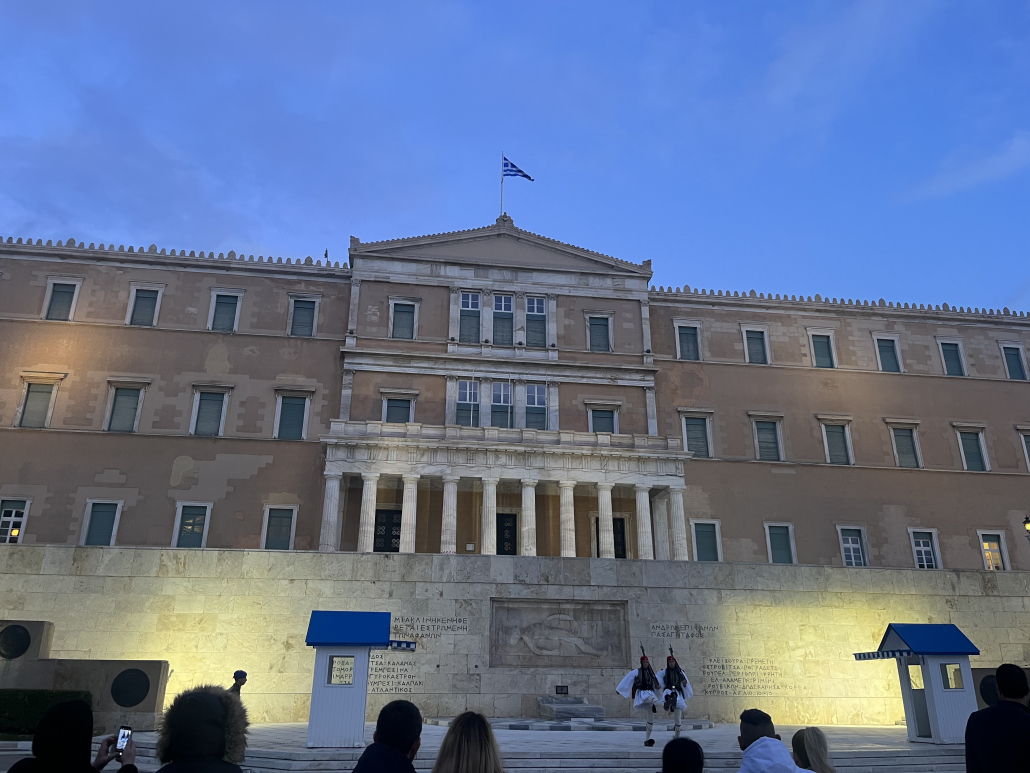
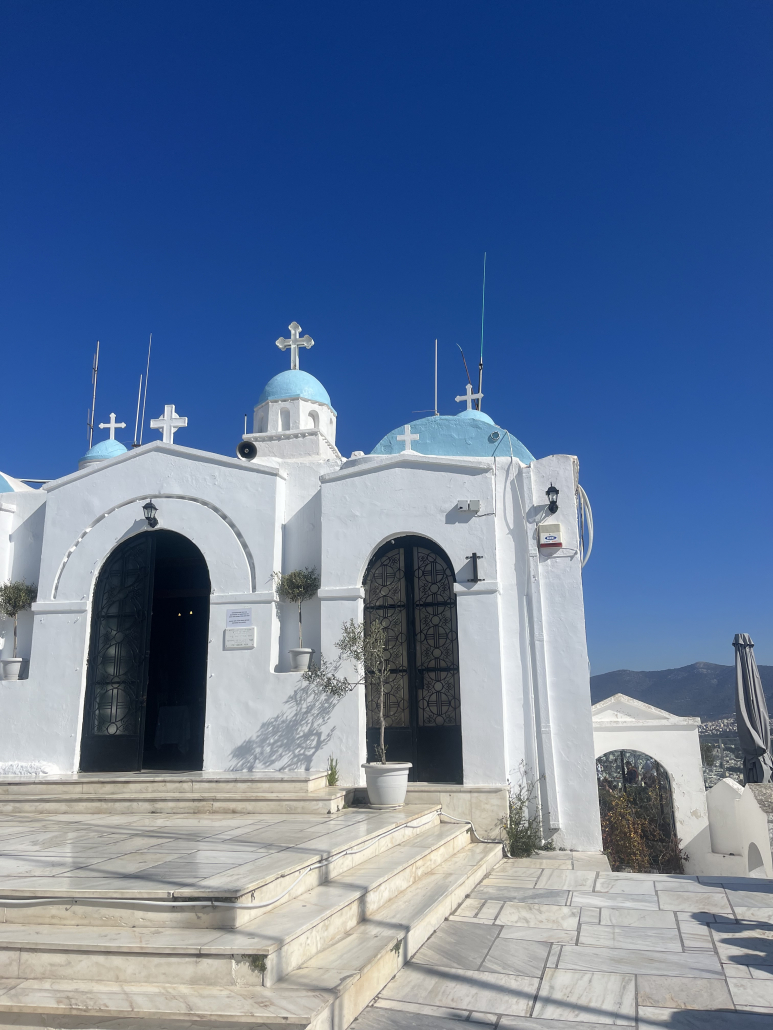
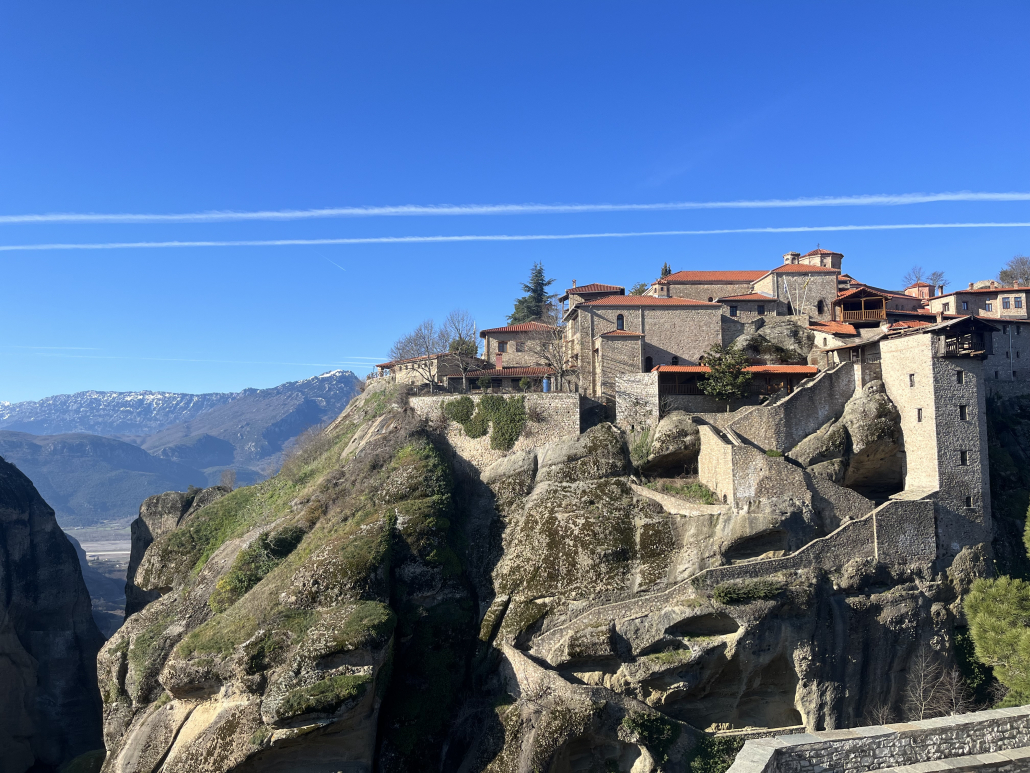
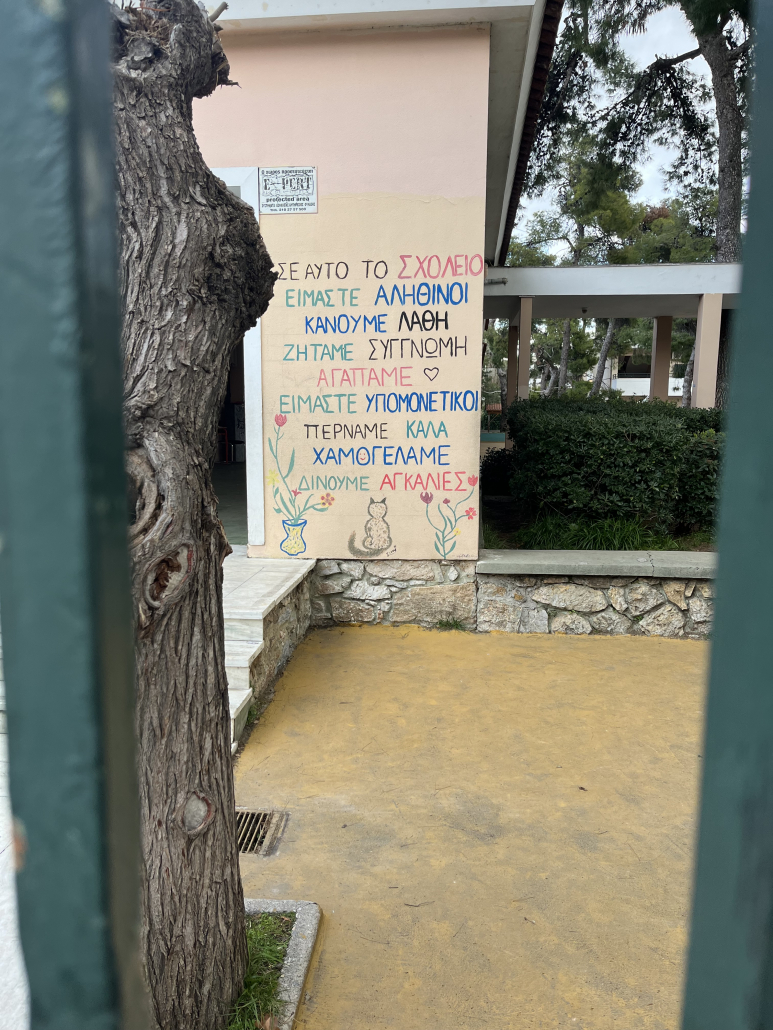
Pictured above is a mural on a wall of a school in my neighborhood, Agia Paraskevi. It reads from top to bottom: “In this school, we are real, we make mistakes, we are sorry, we love, we are patient, we have fun, we smile, and we give hugs.” 🙂

